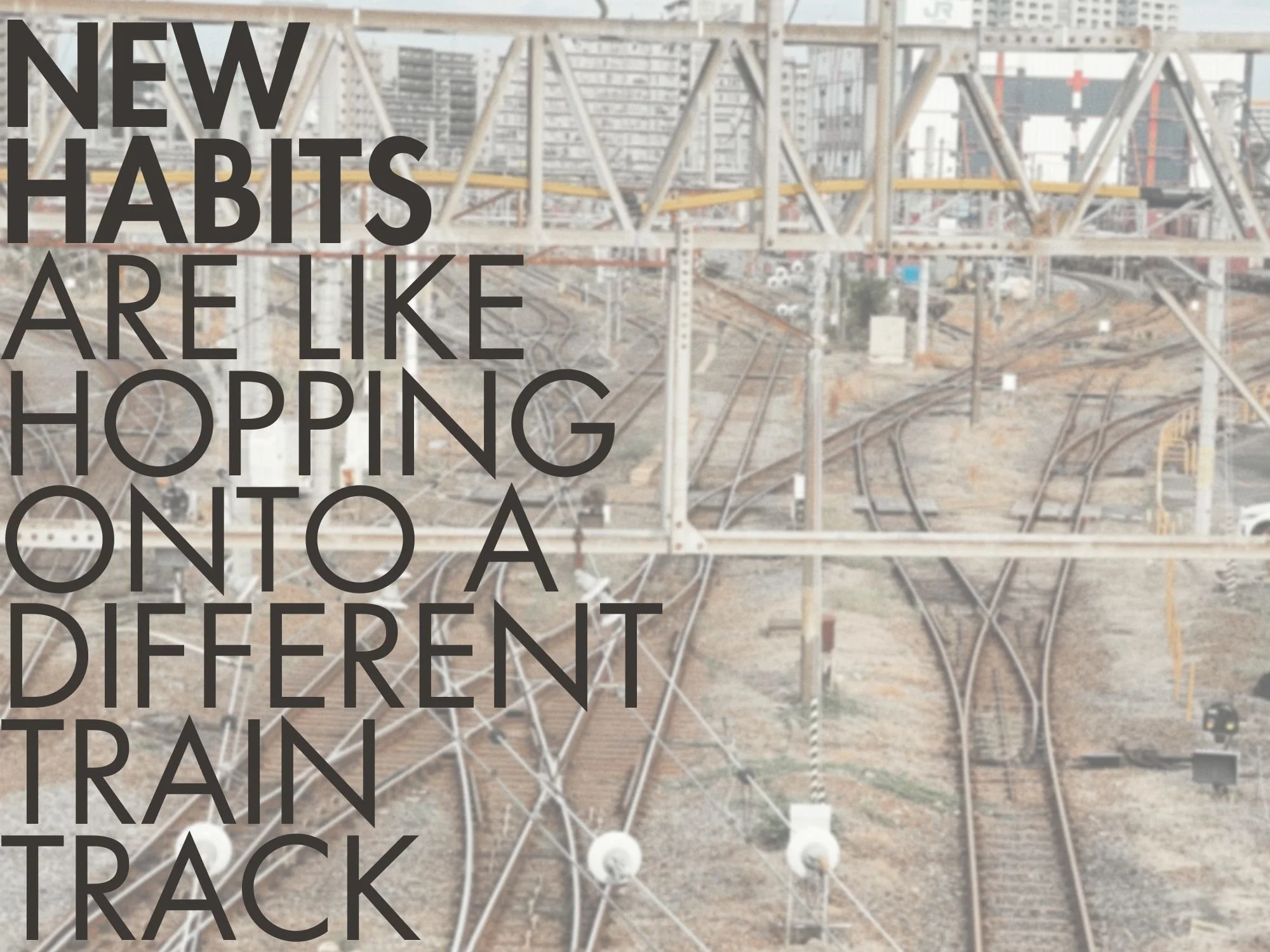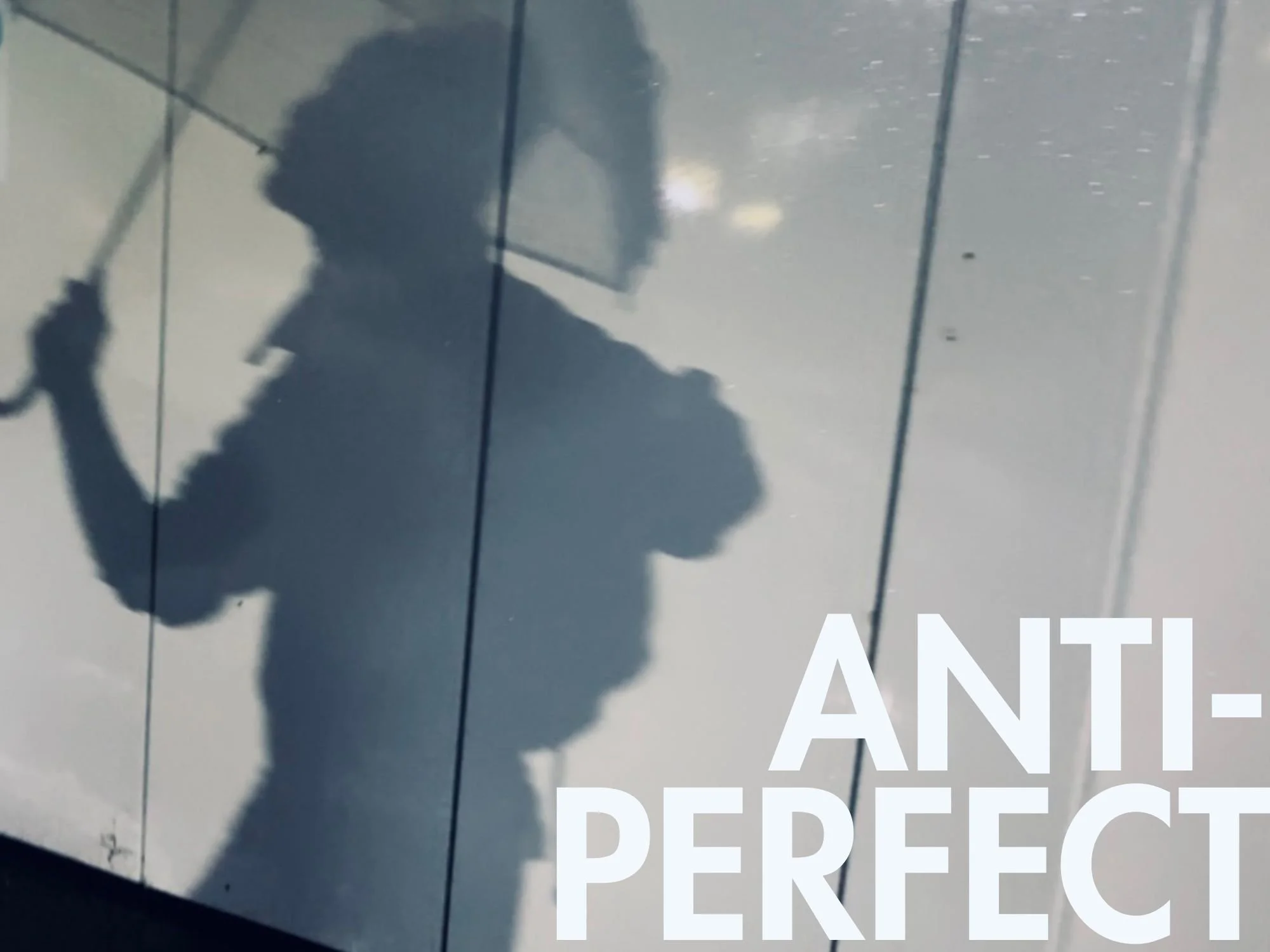Compound Learning (when you’re all over the map)
Compound learning makes a lot of sense when it’s applied to one area of focus. But what if you’re like me—scattered and multi-passionate?
I’m a musician. And an artist. And a blogger who loves design and aesthetics. As a nomad everything, I’m all over the map.
So I’m keen to know how disconnected topics compound and support each other. The math isn’t as clean, but I’m pretty sure the compound effect still happens.
This is my experience.
What Is Compound Learning?
Compound learning is the cumulative effect of learning, practicing and doing stuff over time.
It’s like the compound effect—that thing Einstein called the 8th wonder of the world.
According to the way things work, incremental improvements add up and compound, where the full effect is greater than the sum of the parts.
Put another way, if you simply keep showing up, acquiring knowledge and skills (even in small doses), things will compound and you’ll develop expertise and wisdom.
But what if you’re scattered, like me? What if your learning and practicing is spread across multiple domains and passions?
Compounding Takes Longer When You’re Scattered
Stacking knowledge in a single domain leads to a clear compound effect. And it’s usually quicker.
I’ve definitely felt the sting of being scattered my whole life. It can feel like a mess of disconnected parts trying to communicate. A constant loop between various passions and projects. This can lead to confusion and a perception of slower growth.
Sometimes, I’m jealous of people who have just one thing.
Then I snap back to being stoked about my brain.
Being multi-passionate leads to surprising serendipities and interesting intersections.
It just takes some time to manifest.
Often, dots connect in surprising ways. So when you’re learning multiple subjects, you’re sort of in the unknown, just trusting the process that connections will be made.
Trusting the Process
Eventually, serendipities will happen. Dots will connect. Clarity will happen.
Even if your domains feel super random.
Learning new sht is a painful process. It’s starts with a honeymoon phase, but the deeper you dig into any topic, the more you realize how much you don’t know. The more you realize how hard and complex it is.
This is called the Dunning-Kruger effect, where you have more confidence in a subject the less you know about it. But as you learn about it and become objectively more knowledgeable, the more you realize you don’t know.
This explains why so many smart and talented people doubt themselves (maybe you can relate). This is why mindset matters so much.
You gotta be confident and not too humble.
So stay the course. It may take months or even years for things to reveal themselves. But eventually, the compound effect will manifest.
If you struggle with juggling multiple passions, then check out the multi-passionate handbook next.
Later ✌️
Want More? Nice. Here’s More.




